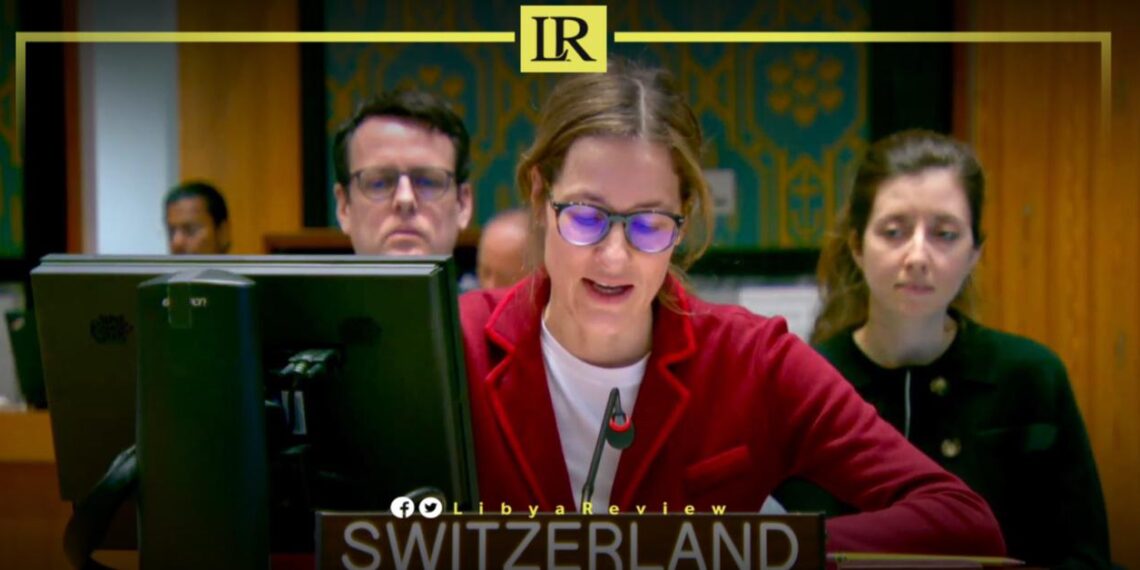On Friday, the Swiss Peace and Human Rights Division emphasised the importance of closely aligning the political dialogue with reconciliation initiatives to ensure sustainable peace in Libya. Acting as the co-chair of the International Humanitarian Law and Human Rights Working Group (IHL/HR WG) within the Berlin Process, Switzerland is at the forefront of advocating for a comprehensive and inclusive national reconciliation process grounded in human rights.
Switzerland’s call to action highlights the necessity of weaving together political and reconciliation efforts as a strategic approach to resolving Libya’s multifaceted challenges. This holistic perspective is crucial for addressing the underlying issues that perpetuate conflict and hinder the nation’s progress toward stability and unity.
As part of the Berlin Process, an international collaborative platform to support peace and stability in Libya, Switzerland plays a key role in facilitating dialogue among Libyan and international parties. The focus on a rights-based reconciliation process underscores Switzerland’s commitment to ensuring that the path to peace in Libya is inclusive, respecting the diverse voices and needs of the Libyan people.
In a recent the United Nations (UN) Security Council briefing on Libya, Switzerland underscored the urgent need for free and fair elections to meet the Libyan people’s aspirations. Highlighting the Secretary-General’s remarks, Switzerland stressed this as a fundamental step for Libya’s path to stability and democracy.
The Swiss delegation also voiced concerns over the plight of Libyan children and the exacerbating effects of climate change on the nation’s fragile situation. Libya, with its history of conflict and political fragmentation since 2011, remains at a critical juncture, making international collaboration and comprehensive peace efforts more vital than ever.


